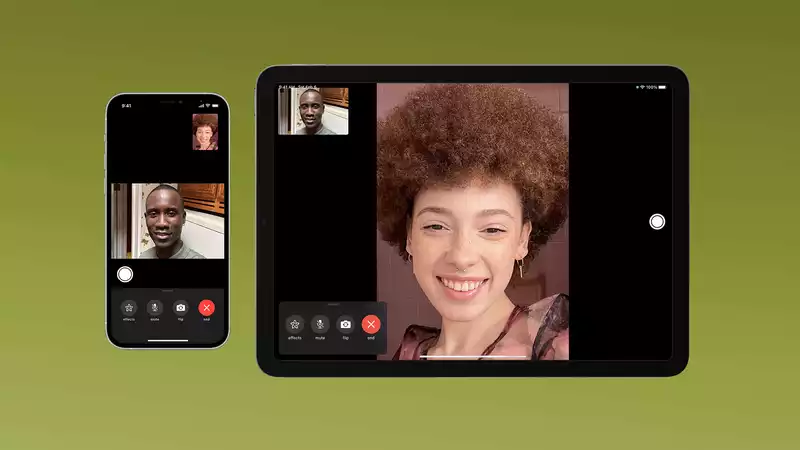You may have long wondered why Apple doesn't support FaceTime on devices like Android phones and Windows. The answer, of course, is because, like many of Apple's services, they want you to experience it on one of Apple's devices. After all, the ecosystem is what makes the iPhone such a popular device, and Apple has decided to compromise on FaceTime with the launch of iOS 15.
This compromise comes in the form of a web service that allows anyone to join a FaceTime call. The link sent to you will allow you to join with a friend who has an Apple device; if you want to use FaceTime on Windows or Android, here's how it works.
People who do not have an Apple device cannot initiate a FaceTime call. Invitation links can be sent via text message, WhatsApp, email, or calendar invitation. Once the invitation link is clicked, a web browser appears and the participant can join the meeting. While this may be a little less than ideal for the participants, it is quite easy.
On the plus side, virtually anything with a web browser can log in, be it a Chromebook, a Windows laptop, or an Android phone. Calls are also protected by Apple's end-to-end encryption, so you don't have to worry about someone snooping on your private conversations.
When this service will launch is yet to be determined. However, FaceTime is expected to come to Windows and Android at the same time as or shortly after iOS 15, which is scheduled for release this fall.
Does this mean that Apple services will become even more cross-platform? Almost certainly not, especially if the service you are thinking of is iMessage.










Comments